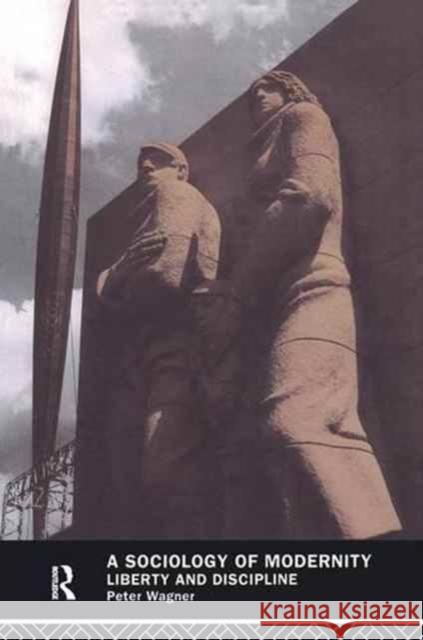A Sociology of Modernity: Liberty and Discipline » książka
topmenu
A Sociology of Modernity: Liberty and Discipline
ISBN-13: 9781138177420 / Angielski / Twarda / 2016 / 284 str.
A Sociology of Modernity: Liberty and Discipline
ISBN-13: 9781138177420 / Angielski / Twarda / 2016 / 284 str.
cena 685,68
(netto: 653,03 VAT: 5%)
Najniższa cena z 30 dni: 629,67
(netto: 653,03 VAT: 5%)
Najniższa cena z 30 dni: 629,67
Termin realizacji zamówienia:
ok. 16-18 dni roboczych.
ok. 16-18 dni roboczych.
Darmowa dostawa!
First Published in 2004. Routledge is an imprint of Taylor & Francis, an informa company.











